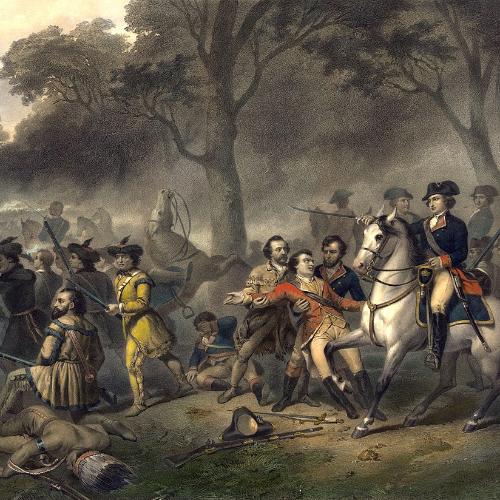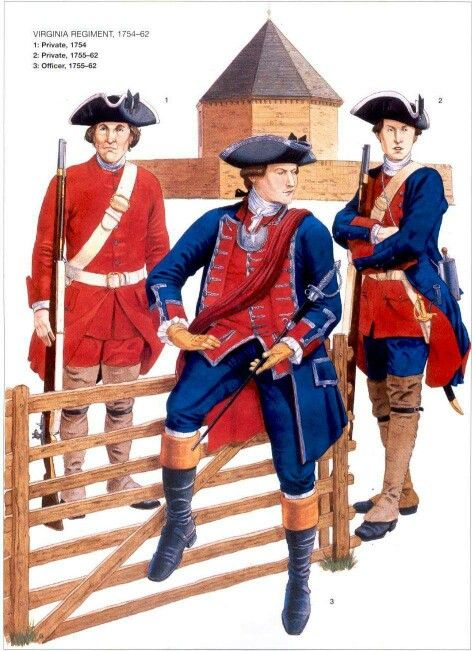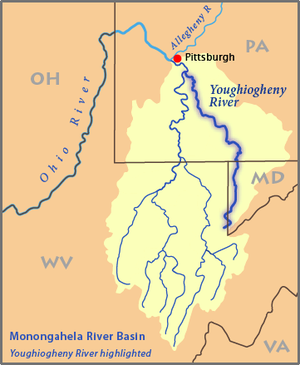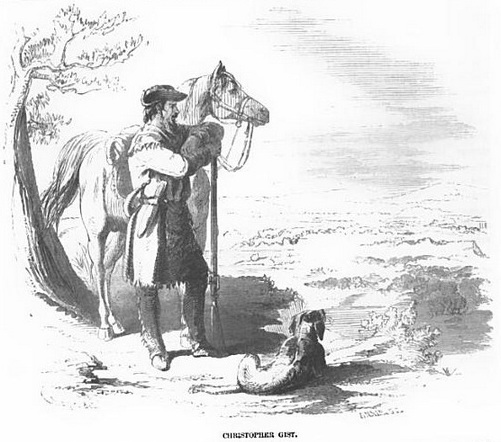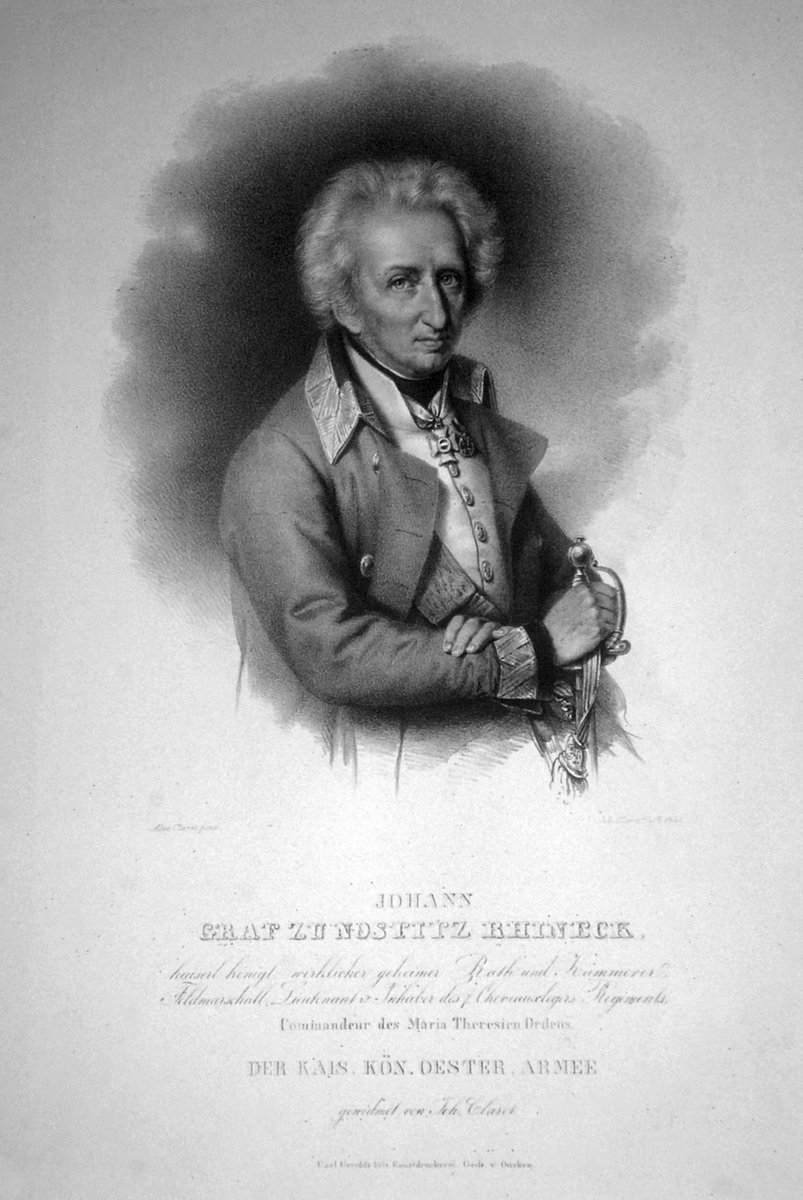#OTD 8 June 1754, before leaving for the Albany Council, Postmasters General Benjamin Franklin wrote "Short Hints towards a Scheme for Uniting the Northern Colonies"-his vision of a parliamentary union of the northern provinces for collective defense of the frontier.
(1/22)

(1/22)


Franklin first broached the idea in 1751, amidst the escalating Anglo-French dispute over the Forks of the Ohio River or, La Belle Riviere. The neglect of those fertile tracts of land in the Treaty of Aix-la-Chapelle (1748) had only rekindled the decades-old animosity.
(2/22)

(2/22)

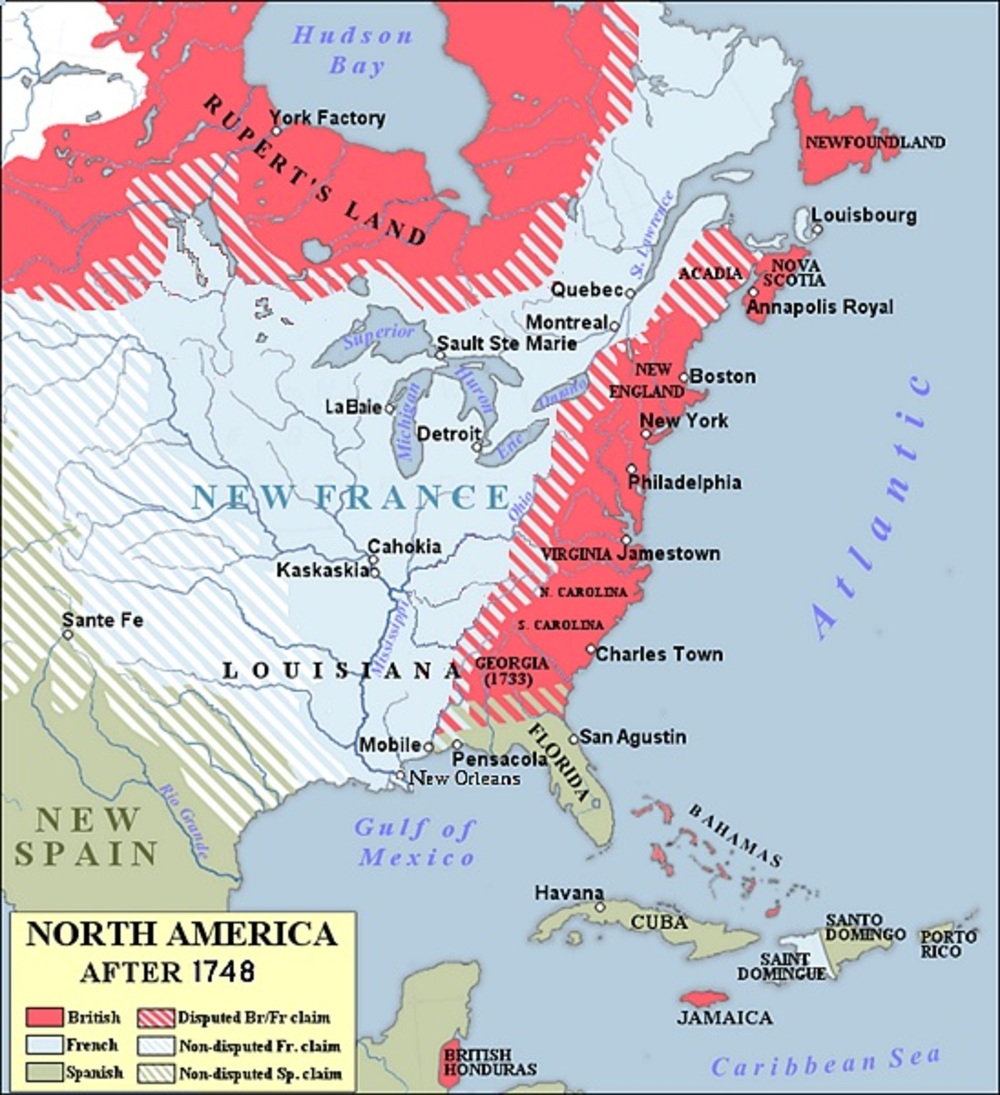
Alarmed by the increasing violence in the Pennsylvania backcountry, which almost always involved the native allies, Franklin warned James Parker, Postmaster of NY, to "form a Strength that the Indians may depend on for Protection, in Case of a Rupture with the French;
(3/22)
(3/22)
or apprehend great Danger from, if they should break with us." Inspired by the Iroquois League of the Six Nations, he argued for the formation of the "Union of the Colonies" under "a general Council form’d by all the Colonies,
(4/22)
(4/22)
and a general Governor appointed by the Crown to preside in that Council." The entity would administer the construction of forts, the "Hunting Expeditions, with or without Indians," "Publick Trading Houses" under a Superintendant to control illicit private trades,
(5/22)
(5/22)
as well as the training of "a Number of Wood-Runners would be form’d, well acquainted with the Country." In short, the union would cover "every Thing relating to Indian Affairs and the Defence of the Colonies."
(6/22)
(6/22)
"It would be a very strange Thing," wrote Franklin, "if six Nations of ignorant Savages should be capable of forming a Scheme for such an Union, and be able to execute it in such a Manner, as that it has subsisted Ages, and appears indissoluble;
(7/22)
(7/22)

and yet that a like Union should be impracticable for ten or a Dozen English Colonies, to whom it is more necessary, and must be more advantageous; and who cannot be supposed to want an equal Understanding of their Interests.."
(8/22)
(8/22)
Rejected by the home government and the colonial assemblies as too far-reaching in jurisdiction, the grand design resurfaced three years later, when King George II, in response to the mounting concerns about the security in the frontier, called for
(9/22)
(9/22)
"an Interview with...the Six United Nations at the City of Albany." While the primary aim of this meeting, scheduled on the 14th of June, was to "renew the Covenant Chain with them" against "the Subjects of the French King" who
(10/22)

(10/22)


"marched into and erected Forts and committed Hostilities within the Known limits of [the British] Dominion," it provided an occasion for Franklin to pinpoint what he perceived as the crux of the colonists' weak response to the French threat.
(11/22)
(11/22)

A day before his departure, he disclosed his plan to his two friends. One was James Alexander (1691-1756), the Attorney General and the Member of Provincial Council of New Jersey, as well as his co-founder of the American Philosophical Society.
(12/22)
(12/22)

Another was Cadwallader Colden (1688-1776), a scientist and a member of the Provincial council of New York who had persuaded Franklin to establish the American Philosophical Society.
(13/22)
(13/22)

Reflecting the cause of the universal opposition three years ago, Franklin qualified its scope from the entire British North America to northern colonies, closer to the Ohio River Valley and therefore more vulnerable to backwood skirmishes.
(14/22)
(14/22)
In continuity with the 1751 draft, he suggested the following as the essential components:
1. Governor-General:
"To be appointed by the King.
To be a Military man
To have a Salary from the Crown
To have a negation on all acts of the Grand Council,
(15/22)
1. Governor-General:
"To be appointed by the King.
To be a Military man
To have a Salary from the Crown
To have a negation on all acts of the Grand Council,
(15/22)
and carry into execution what ever is agreed on by him and that Council."
2. Grand Council, to be composed of one representative from each colony and two or more for the larger, "in proportion to the Sums they pay Yearly into the General Treasury."
(16/22)
2. Grand Council, to be composed of one representative from each colony and two or more for the larger, "in proportion to the Sums they pay Yearly into the General Treasury."
(16/22)
The deputies would meet annually or more frequently upon the outbreak of "particular circumstances and emergencies," at the capital city of each colony; the council would cover the traveling expenses of all deputies.
(17/22)
(17/22)
3. General Treasury, drawn from "an Excise on Strong Liquors pretty equally drank in the Colonies or Duty on Liquor imported," License of Publick House," or "Excise on Superfluities as Tea &c. &c.," submitted by each colony in proportion with its wealth.
(18/22)
(18/22)
Together, the council was authorized to initiate treaties and non-proprietary purchases with the Indians and support new settlements by subsidizing, building, and garrisoning new forts to "defend the frontiers and annoy the Ennemy."
(19/22)
(19/22)
In addition, they would enact "every thing that shall be found necessary for the defence and support of the Colonies in General, and encreasing and extending their settlements &c."
(20/22)
(20/22)
A key departure from the prototype was the legal basis of the union. With the individual colonies' propensity for rivalry in mind, he designed it to require more than volition of individual colonies: "an Act of Parliament obtain’d for establishing it."
(21/22)
(21/22)
The groundbreaking proposal, to be named 'the Albany Plan of Union,' would occupy the center stage of the upcoming council. Although he envisioned the military union of convenience to mature into a political one, it would take another decade for the idea to take shape.
(22/22)

(22/22)


Sources:
1. From LoC
-From Benjamin Franklin to James Parker, 20 March 1751
-From Benjamin Franklin to James Alexander and Cadwallader Colden with Short Hints towards a Scheme for Uniting the Northern Colonies, 8 June 1754
2. Memorandum, Provincial Council of Pennsylvania,
1. From LoC
-From Benjamin Franklin to James Parker, 20 March 1751
-From Benjamin Franklin to James Alexander and Cadwallader Colden with Short Hints towards a Scheme for Uniting the Northern Colonies, 8 June 1754
2. Memorandum, Provincial Council of Pennsylvania,
2 June 1754, Colonial Records: Minutes of the Provincial Council of Pennsylvania from the organization to the termination of the proprietary government
• • •
Missing some Tweet in this thread? You can try to
force a refresh

 Read on Twitter
Read on Twitter


